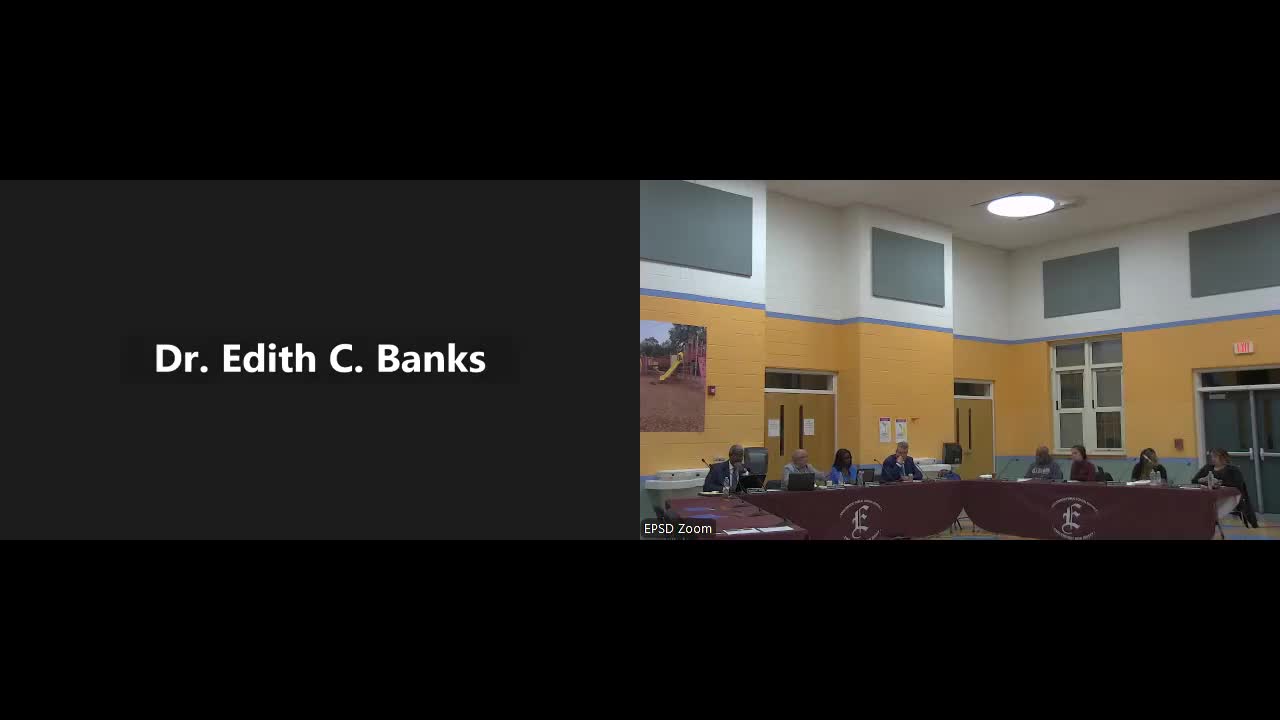Board debates moving public comment, executive session under Policy 0164
Get AI-powered insights, summaries, and transcripts
Subscribe
Summary
Board members debated restructuring meeting order to move public comment earlier and whether to hold closed session at the meeting start. Legal counsel advised caution on open-meetings requirements and confidentiality; no policy change was adopted but members asked the president to draft temporary agenda language for testing.
The Englewood Board of Education spent substantial time on Oct. 9 debating whether to change the order of its meetings under Policy 0164, including moving public comment earlier in the evening and adjusting when the board goes into closed (executive) session.
Why it matters: Meeting order affects how easily members of the public — parents, students and other residents — can participate. It also affects the board’s ability to handle confidential personnel or legal matters efficiently and in compliance with the New Jersey Open Public Meetings Act.
Several board members pushed to hear public comment earlier so parents and student representatives would not have to wait late into the evening. Board member Elise and others said moving public comment and student reports earlier could increase attendance and participation. Rachel and others proposed that student presentations and principal reports be scheduled so parents of those schools would receive extra advance notice.
Board counsel Mister Taylor advised that the board can choose its agenda order but must comply with the Open Public Meetings Act’s notice requirements. He warned that extensive email “straw polls” across all board members could trigger Open Meetings Act issues if the communications amount to deliberation outside a public meeting. He also cautioned that certain confidential topics should be addressed in closed session to avoid exposing privileged information.
Members debated practical tradeoffs: proponents of keeping closed session at the start said it helps ensure confidential matters are discussed with witnesses and outside counsel available; others said moving executive session later could let the public provide comment earlier and still allow the board to vote on nonconfidential items before going into closed session for personnel matters. The board did not adopt a permanent policy change during the special meeting. President Feinstein said he would draft proposed wording for a temporary agenda/order and circulate it for board review and for further action on Oct. 30.
The board attorney repeatedly suggested that the board consult the superintendent and staff before adopting procedural changes that could require staff time or alter legally required notice steps. Taylor also reminded members that the board’s president and the superintendent are the usual official spokespeople and urged care about individual members using public-facing platforms.
